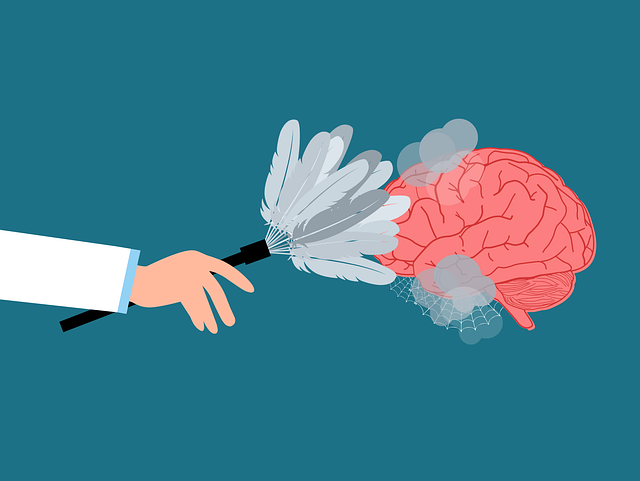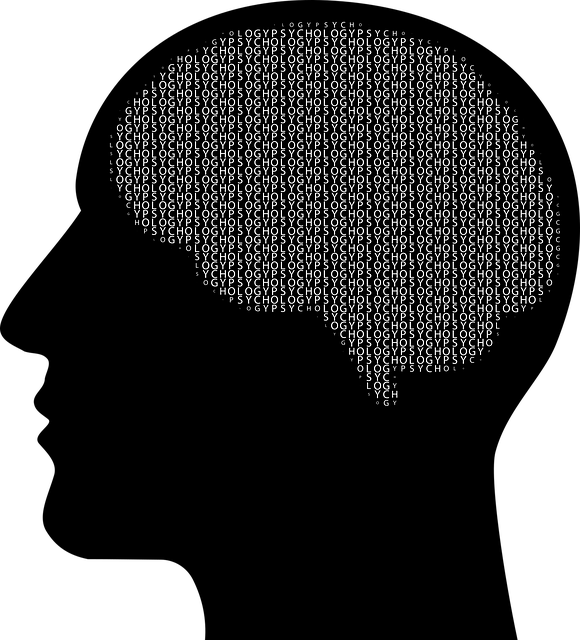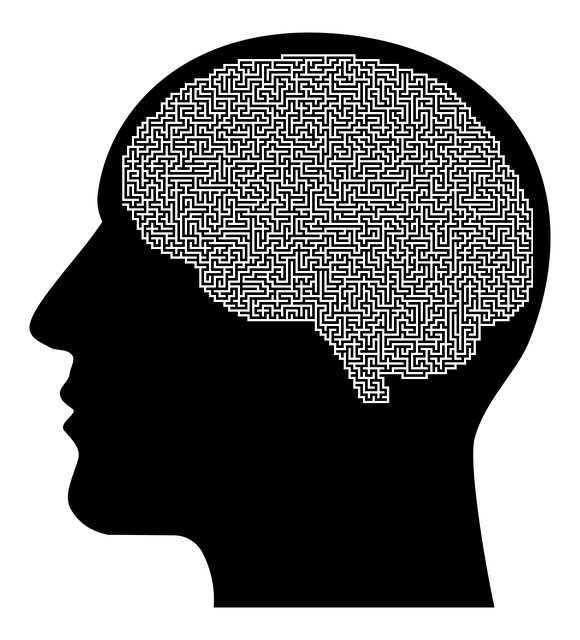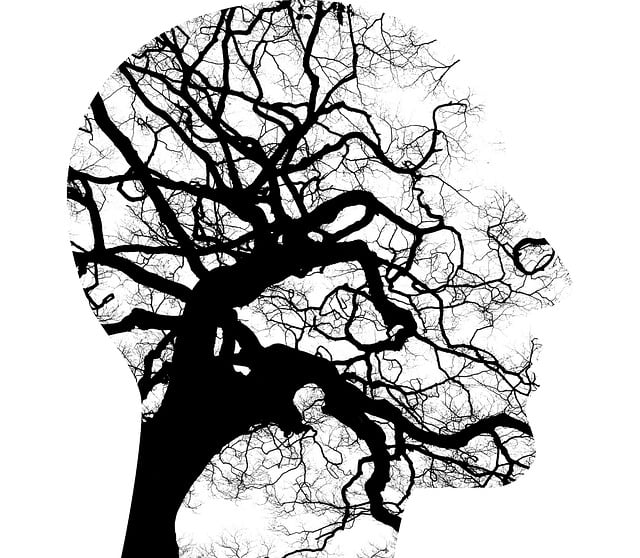Mental health requirements vary significantly across age groups. Adolescents face challenges like academic pressure and peer dynamics, benefiting from digital therapy and peer support. Geriatrics struggle with cognitive decline and loneliness, requiring empathy-focused care, mindfulness practices, and tailored care plans. Effective mental health services for all ages demand robust risk management planning. In app development, targeting specific demographics is key: engaging features for teens and accessible designs for geriatrics. Incorporating evidence-based practices like CBT and mindfulness meditation enhances app effectiveness. Privacy, security, and ethical considerations are paramount, with strong data protection measures and transparent practices building trust.
The global mental wellness app market is booming, with a growing demand for digital solutions catering to diverse age groups. This article delves into the strategic development of mental health apps, focusing on adolescent teens and geriatrics—two unique populations with distinct needs. We explore evidence-based practices, essential features, privacy concerns, and ethical considerations. By understanding the challenges faced by teens and seniors, developers can create effective therapy apps that enhance mental wellness and accessibility to care.
- Understanding Mental Health Needs Across Different Age Groups
- Exploring Target Audiences: Teens, Geriatrics, and Their Unique Challenges
- Designing Effective Features for Therapy Apps
- Incorporating Evidence-Based Practices and Therapeutic Techniques
- Privacy, Security, and Ethical Considerations in Mental Wellness App Development
Understanding Mental Health Needs Across Different Age Groups

Mental health needs vary significantly across different age groups, from adolescents to geriatrics, each presenting unique challenges and requirements. Adolescent teens often face pressures related to academic performance, peer relationships, and self-image, which can contribute to anxiety, depression, and other mental health issues. They may benefit from therapy that incorporates innovative digital tools and peer support networks tailored to their preferences and lifestyle.
In contrast, geriatrics might struggle with age-related cognitive decline, loneliness, or chronic conditions, necessitating a different approach. Empathy building strategies and cultural competency training for healthcare providers are crucial when addressing mental health needs in this demographic. Effective interventions may include mindfulness practices, support groups, and tailored care plans that consider physical and emotional well-being. Additionally, robust risk management planning is essential for mental health professionals to ensure the safety and efficacy of their services across all age groups.
Exploring Target Audiences: Teens, Geriatrics, and Their Unique Challenges

When developing a mental wellness app, understanding your target audience is paramount to creating effective and engaging content. One such crucial segment is adolescent teens, who face unique challenges in navigating their emotional and psychological development. Many apps tailored for this demographic focus on mindfulness meditation techniques, as they help manage stress, anxiety, and improve overall mental resilience. Incorporating interactive elements and gamified features can make these tools more appealing to teens who may be resistant to traditional therapy.
On the other end of the spectrum, geriatrics present distinct mental wellness needs. Aging brings about various cognitive and emotional changes, necessitating tailored interventions. Apps designed for this audience should prioritize simplicity and accessibility, considering the potential visual and hearing impairments that can affect older users. Incorporating empathy building strategies and cultural competency training for healthcare providers in these apps can further enhance their effectiveness, fostering deeper connections between users and caregivers.
Designing Effective Features for Therapy Apps

Designing effective features for therapy apps requires a deep understanding of the diverse user base, especially when catering to different demographics such as adolescent teens and geriatrics. For adolescents, incorporate interactive tools that engage them actively in their therapeutic journey. This could include gamified exercises, mood tracking with visual representations, and peer-to-peer support forums tailored to their age group. Apps should foster a sense of community while also teaching valuable skills like emotional intelligence and stress management workshops organization.
When targeting geriatrics, simplicity and accessibility are key. Ensure the interface is user-friendly, with large fonts and straightforward navigation. Incorporate features that address common challenges faced by older adults, such as memory aids, medication trackers, and relaxation exercises like compassion cultivation practices. These tailored approaches can significantly enhance the effectiveness of therapy apps for different age groups, promoting mental wellness and improving quality of life.
Incorporating Evidence-Based Practices and Therapeutic Techniques

Incorporating evidence-based practices is a cornerstone for developing effective mental wellness apps, especially when tailored for diverse demographics such as adolescent teens and geriatrics. For adolescents, therapies like Cognitive Behavioral Therapy (CBT) have shown significant results in managing anxiety and depression. These apps can offer structured programs based on CBT principles, teaching users coping skills to navigate stress and emotional challenges. Similarly, for the geriatric population, evidence-based techniques like mindfulness meditation and light exercise routines can be integrated to promote mental wellness and reduce symptoms of age-related mental health issues.
By combining these therapeutic approaches with user-friendly interfaces, mental wellness apps have the potential to revolutionize access to care. They can provide personalized experiences that cater to individual needs, offering discrete and convenient stress reduction methods and opportunities for coping skills development. This accessibility is particularly beneficial for those who may face barriers to traditional therapy, ensuring support tailored to their unique circumstances.
Privacy, Security, and Ethical Considerations in Mental Wellness App Development

Privacy, security, and ethical considerations are paramount in mental wellness app development, especially when catering to diverse demographics such as adolescents, geriatrics, or targeting specific therapeutic needs. These apps often deal with sensitive personal information and emotional disclosures, making robust data protection measures essential. Developers must ensure end-to-end encryption, secure storage, and adherence to relevant data privacy laws like GDPR or HIPAA.
Additionally, transparency in how user data is collected, stored, and used is crucial for building trust. Apps should clearly communicate their data sharing policies and obtain informed consent from users, especially when integrating features that involve community discussions or public awareness campaigns focused on emotional well-being promotion techniques. Prioritizing ethical design and responsible data handling can enhance the effectiveness of mental wellness apps while mitigating potential risks.
Mental wellness apps have the potential to revolutionize access to therapy for adolescent teens, geriatrics, and other demographics by providing personalized, convenient, and cost-effective solutions. By understanding unique mental health needs across age groups and incorporating evidence-based practices, developers can create impactful tools that foster resilience and improve overall well-being. However, prioritizing privacy, security, and ethical considerations is essential to build user trust and ensure the long-term success of these innovative applications.










